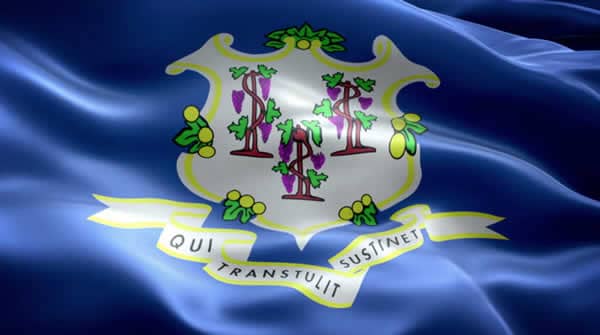Many states’ legislative sessions are expiring soon. This leaves these last few weeks as crunch time to address the most pressing matters at hand. Unfortunately for states like Connecticut, sports betting may not be on top of the list.
Sports betting legalization is a complicated process, no matter which way you spin it. There is no easy solution to launching a brand new gambling network. Gambling is already a touchy subject in most states, so expanding on the current status quo involves a lot of moving parts. Many states are finding that out as they hold talks on what legal sports betting would look like. On the brick-and-mortar side, you have to deal with existing casinos, potentially building new betting venues, etc.
On the online side, you have to consider licensed offshore sportsbooks (which present the main competition) and proper regulation to safeguard consumers’ personal and financial information. There is also the matter of working with the sports leagues and figuring out where the proceeds from sports gambling will go.
Louisiana and Kansas stalled their sports betting efforts. They decided to wait back and get more information on the subject in hopes of making a more informed decision. Maryland are in the same boat since their legislative session ended without any sports gambling bills making it to the governor’s desk. Connecticut is looking at a similar situation. House Speaker Joe Aresimowicz recently spoke to the press and relayed a negative outlook on the state’s progress towards legalization.
At one point, Connecticut looked to have a strong chance of passing sports gambling. There were multiple hearings regarding sports betting that ended on a positive note. Bills appeared in both chambers, though it is the House version that has made the most progress. Aresimowicz revealed that he does not see anything happening with the House bill due to the ‘moving parts’ involved. His sentiments were shared by Minority Leader Themis Klarides.
Connecticut’s main issues stem from the Native American tribes that host gambling. Both the Mohegan and Mashantucket Pequot tribes hold exclusive gaming rights. These rights are not cheaper either and require multimillion dollar payments to the state. There would need to be some revisions to the existing state-tribe compacts to bring in legal sports betting. However, there is some positivity brewing with a newly proposed casino to be called East Windsor. This venture would be jointly operated by the tribes on commercial land (meaning the state would be involved as well). East Windsor could become the home of sports betting in the state if it ever comes to pass.
Whether or not Connecticut would include online sports betting in their efforts remains to be seen, but online betting capabilities are an essential part of a successful betting platform. With session set to expire on May 9, it looks like Connecticut’s time may be running out. If they do not get anything passed, at least they will have more time to figure things out. It also leaves time for federal sports betting laws to be resolved and possibly repealed.

